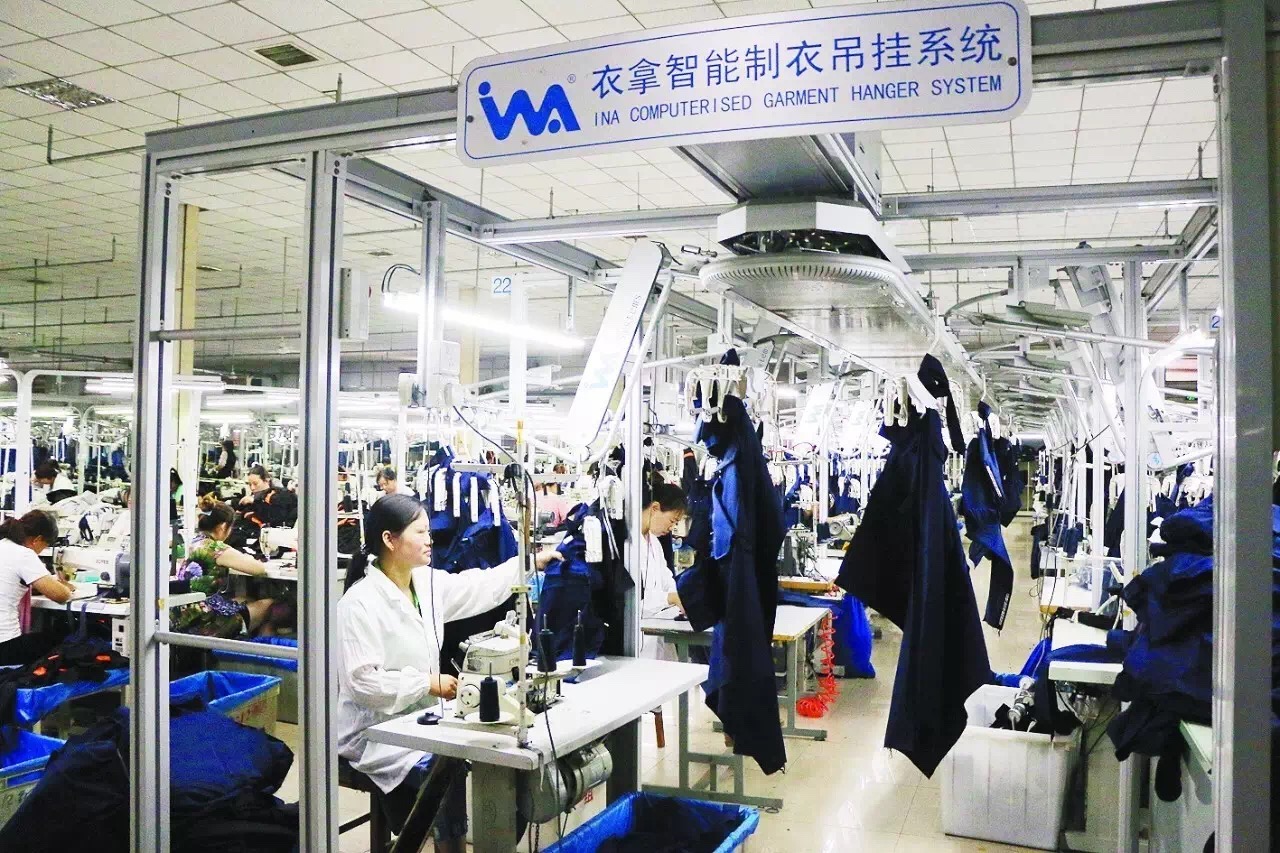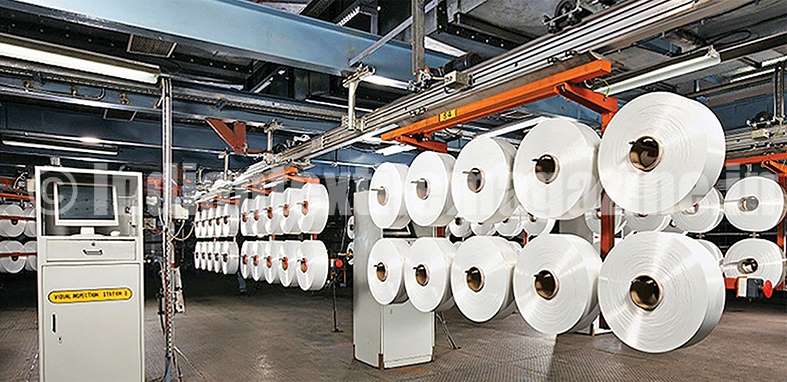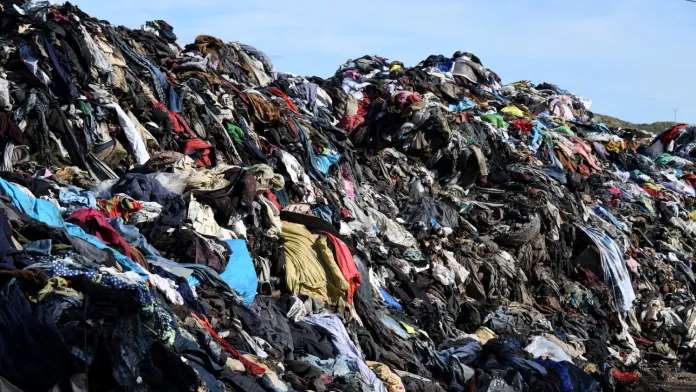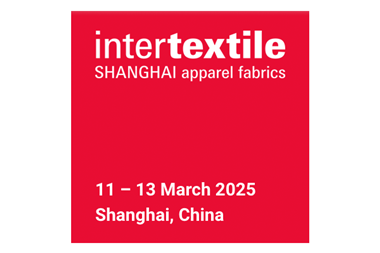FW
Pakistan’s value added textile exports declined 13.42 per cent in the first quarter of the current fiscal year. During the same period, overall exports of Bangladesh increased by 4.95 per cent and Vietnam’s by 9.20 per cent, whereas overall exports of China and Sri Lanka decreased negligibly by 2.50 per cent and 4.50 per cent.
Pakistan’s textile industry feels value added textile exports would plunge by approximately 20 per cent if the sales tax imposed on exports is not withdrawn. The government did not withdraw the two per cent sales tax on exports but increased the tax on exports by 50 per cent in the budget for 2015-16.
In the fiscal 2014-15, overall exports declined by around five per cent. The industry feels that if the major causes are not addressed, and if the value added textile sector is not supported, and if its grievances in terms of the cost of doing business are not evaluated in comparison with regional competing countries, Pakistan’s exports would never increase.
Pakistan Apparel Forum wants the cost of all essential utilities to be brought down to the level they are in neighboring and other competing countries, and priority to be given to export oriented industries in the supply of all utilities without interruption.
Shima Seiki has introduced innovations in its computerised flat knit technology. The flagship Mach 2XS features Shima Seiki’s original slide needle on four needle beds and offers higher efficiency and greater stability while knitting with an expanded range of patterning capability.
The SWG-N2 whole garment knitting machine offers increased color capacity as well as the capability for producing industrial textiles. SRY123 LP features loop presser beds and is capable of producing fabrics with woven textures as well as technical textiles.
The yarn unwinding option is an essential tool for industrial textile applications, providing a smooth and stable yarn feed of material that is normally difficult to feed into knitting machines, such as metallic and mono filament yarns.
The SDS-One Apex 3 system is at the core of the company’s total fashion system concept. With comprehensive support of the knit supply chain, Apex 3 integrates knit production into one smooth and efficient workflow from planning and design to machine programming, production and even sales promotion.
Virtual sampling through photo-realistic simulation minimises the need for sample making, effectively reducing time, material and cost from the sampling process. Apex 3 also supports design and simulation in various other industries such as circular knitting, weaving, pile weaving and printing.
www.shimaseiki.com/
A panel discussion ‘From Fiber to Fashion, Style to Sustainability: New Visions for Denim’, at the 17th annual New York Fashion Conference at the City University of New York’s Graduate Center, highlighted the future success of denim business and its dependence on fully embracing product innovations with cutting-edge sustainability practices. The conference’s theme this year was ‘Trailblazers’ and industry pioneers, François Girbaud, Founder and Owner, Marithé+François Girbaud, and Adriano Goldschmied, aka the Godfather of Denim presided the denim panel discussion.
One of the first to use stone and acid washing techniques on jeans as well as engraving with light Girbaud and Marithé Bachellerie later included technical innovations such as use of lasers and ozone for various denim effects. However, in retrospect, Girbaud said, it was a mistake, which resulted in the development and use of more sustainable practices and less chemicals. Now, fashion is changing for the better and people have become more environmentally aware following the Fukushima nuclear power plant explosion in 2011.
Goldie, Diesel, Replay, Gap 1969, Citizens of Humanity, AG and Goldsign, are brands by Goldschmied. Agreeing with Girbaud he said that traditional cotton approaches require a lot of water. Therefore he has incorporated use of cellulose fibres such as Tencel and Modal by Lenzing in his products. Also, he now uses Lycra for stretch denim and added that they were now looking forward to sustainable trends. He believes that the denim industry has to adapt processes that have much less impact on the environment and innovative product development is also needed; thus, technology is the real partner of innovation of the industry today.
Beaulieu Fibers International is a leading European polypropylene staple fiber supplier. The company’s industry-reference polyolefin fibers are valued in diverse market segments for ensuring top performance and more sustainable processing of lightweight nonwovens and composites. Its fiber technologies have advantages for geotextile and automotive component manufacturing.
High quality fibers play a crucial role in delivering the specifications promised by machinery manufacturers. Beaulieu’s industry-reference fiber innovations bring a different level of performance to these machines that can contribute to greater sustainability and the ability to maximise return on investment.
The company’s fiber families for each composite blend – PET, natural and mineral fiber – are individually customised and designed for processing on the specific equipment types for each processing technology, to support optimal production and yields. Each offers dimensional stability and excellent elongation capacity, not just during nonwoven production, but also during further processing steps.
The company through its Italian subsidiary also offers tailor-made hygiene fibers for improved softness and coverage. These fibers are designed to improve softness and bonding in nonwovens made for the hygiene market, but can be also used in any other application where a good bonding strength is required.
beaulieuinternationalgroup.be/
Italy-based Tonello is a global specialist in garment finishing technologies. Now, the company has developed a special finishing technique that can age denim exactly like stone washing, without employing chemicals or pumice stones. The innovation brings sustainable technology to the industry.
Instead a stainless steel abrasive drum is fastened to the washing machine. This drum can create a variety of finishes through flexible abrasion adjustments to create a variety of looks and styles. Due to the mechanical – rather than chemical – nature of the process, the effect is the same as that of stone wash and reduces carbon footprint created by using pumice stones.
The process will reduce water consumption, production costs, carbon footprint, processing time and manual labor. It eliminates the dust and sludge generated from stones, it doesn’t damage the machine, as pumice stones do, and creates desired the finish effects in both sampling and production machines.
Also it has been developed to be applied on all Tonello machines and maintains the same load capacity, enabling easy adoption throughout denim manufacturing facilities. The lining can easily be removed, so the machine can also run normal washing and dyeing processes.
www.tonello.com/home/
The China International Nonwovens Expo & Forum (CINE), supported by Techtextil), and Messe Frankfurt’s new nonwovens event, was held in Shanghai Mart from October 14 to 16. The three-day event featured100 exhibitors and covered an area of 6,000 sq mts, which attracted nearly 5,000 visitors from 29 countries and regions. The latest issues in the Chinese and global nonwovens industries was addressed at the forum and the products featured ranged from machinery and ancillaries for nonwovens, nonwoven products, raw materials and chemicals for nonwovens, to other industry-related services.
Messe Frankfurt (HK)’s senior general manager, Wendy Wen stated that the event was created to help the industry take advantage of the high potential areas in the Chinese nonwovens industry—hygiene, medical and filtration. She added that the feedback from exhibitors and the discussions generated during the forum sessions confirmed this potential. Experts expect Chinese nonwovens industry to see impressive growth in coming years. At the moment eco-friendly and waterproof technologies are seed rapid developments, which is good for both the market and environment. They say there will also be improvement in the functionality of nonwovens due to the growing demand for quality goods by Chinese consumers
A wide range of innovative nonwovens products and technologies was showcased by CINE. Those displaying items for the hygiene, medical and filtration sectors particularly were optimistic about the market. Besides, those from the academic field also attended the event and were impressed by the new products, technologies and trends on offer.
Development of domestic technical textiles industry will be the focus of the Russian government for the next few years. As Denis Pak, Head of the Department of Development of Domestic Trade, Light Industry and Consumer Market of the Russian Ministry of Industry and Trade, technical textiles is considered the most promising segment of the Russian light industry. Linen and wool currently occupy a small share of the Russian market, and it is steadily declining. The consumption of polyester and viscose, in contrast, is steadily growing.
Historically, the Russian light industry was focussed on natural raw materials, and in particular cotton, wool, linen, while the production of synthetic fibres and technical textile materials was insignificant. However, as per calculations, the technical textile industry could potentially provide the largest contribution to GDP. Hence the plan to focus on development of this segment during the next several years.
The implementation of a series of investment projects in the field of technical textiles in Russia should provide import replacement in the domestic technical textiles market that would amount to 70 billion rubles ($1,2 billion) a year, according to the Russian Ministry of Industry and Trade. Besides, funds would be allocated to further expedite the R&D activities in the field of technical textiles and in particular those aimed at developing new types of synthetic fibres and yarns.
ITMA 2015 marks the market launch of Mayer & Cie.’s spinitsystems, a 3-in-1 concept of combining the three process stages spinning,cleaning and knitting in one machine, in an intelligent way what were previously separateprocesses in textile manufacturing.Rewinding, however is a step that was previously necessary – is no longer required.
“I am delighted that we can offer our prospective customersso much more than just a few fabric patterns. Our customers are, after all, breaking entirely newground with us and with Spinitsystems.” Says Michael A. Tuschak, in charge of Spinitsystemsmarketing anddistribution.
The Spinit 3.0 E is the first machine to be fitted out with the new technology. On this machine singlejersey knitwear is manufactured not from yarn but from roving straight from the spinning mill. Thismachine’s technology thus kicks in at an entirely different point from conventional circular knittingtechnology.
With spinitsystemstechnology the so-called flyer roving is taken from conventional flyer bobbins and fed to an electronically controlled conventional 3-over-3 roller drafting systemwhere it is drawn into a fine fibre bundle. The twin-jet false-twist spinning unit then takes over,feeding the fibre bundle to the knitting unit, where it is resolved on the yarn guide into a compositefibre without a twist. After cleaning the composite fibre is formed into loops by means of aconventional circular knitting process using the tried and trusted relative technology and a textilesurface takes shape.
This process provides the users with a whole array of advantages. Where the quality of the knittedgoods is concerned, its lack of a skew is especially striking. That is because spinitsystems processesroving straight into knitwear, knitting the fibres into loops gently and without a twist. Other benefitsthat struck customers in trials included the voluminous feel of the knitwear. That makes itparticularly suitable for use in manufacturing high-quality baby linen and nightwear and qualityshirts.
The combination of several processes also leads to lower overall capital investment in machinery. Italso brings a space saving of one third because ring spinning and winding machines are no longerrequired. Viewed acrossthe entire production process that leads to significantly lower production costs. At the same time theSpinit 3.0 E offers the user a gain in flexibility because in some cases different fabric weights can bemanufactured from the same flyer roving.
http://www.mayerandcie.com/en/contact/your_representation/
Levi’s and Pendleton have once again collaborated to create a new collection for winter season. Premium Levi’s denim and Pendleton Wool have used an exclusive print inspired by Native American designs and deep indigos.
The collection is entirely made in USA and pays tribute to workwear history of both the companies. The collection includes a Levi’s trucker jacket and traditional work shirt lined with Pendleton’s classic Native American fabrics in rich indigo palette. The collection also includes signature Pendleton blanket, lined with Levi’s denim.
The standard work shirt features an indigo wool fabrication with a patterned lining across the shoulders in a special weave with yokes lined in unique patterned wool. The work shirts feature a blanket-lined upper panel and are crafted from a wool-denim blend unique to this collaboration.
The blanket is made from 22oz wool in a standard queen size (60×80 inches). The limited-edition blankets feature a rugged denim backing and an exclusive Pendleton pattern.
www.levi.com
Accord on Fire and Building Safety in Bangladesh, the consortium of European retailers and buyers, has warned of cutting business relation with 119 readymade garment factories in which the progress of remediation works is not satisfactory.
The Accord in its quarterly aggregate report said that the platform had been increased its efforts to accelerate the pace and level of remediation works at factories where execution of corrective action plan was inadequate or too far behind schedule. The Accord said it was worried that more than a thousand factories were behind schedule with remediation works.
According to report, the Accord has so far issued non-compliance letters to 90 factories as the engineers are not satisfied with the remediation works at the units. In other 29 cases, the Accord has issued non-cooperation letters to factories for lack of cooperation in the CAP development process, the report said.
Despite repeated warning from the buyers’ group 18 factories have not taken any action to make progress in remediation works and the Accord advised the signatory companies procured from those factories to issue a notice and warning letter to the factory authorities. If the companies, following the letters, do not take any action to make adequate progress in remediation works, buyers and retailers in the factory will be required to invoke the provisions article 21 of the Accord, the report said.
The Accord has so far terminated business relations with three factories due to their failure of temporarily evacuation of the units on safety ground and refusal to implement workplace safety measures.
According to the Accord statistics, out of listed 1,677 factories, 16 have been relocated and third round inspection is being progressed in about 100 units. During the inspection, Accord found critical findings in more than 50 factories and of which 26 were closed while eight were partially closed as per the decision of a government-set review panel.
Bangladeshaccord.org












